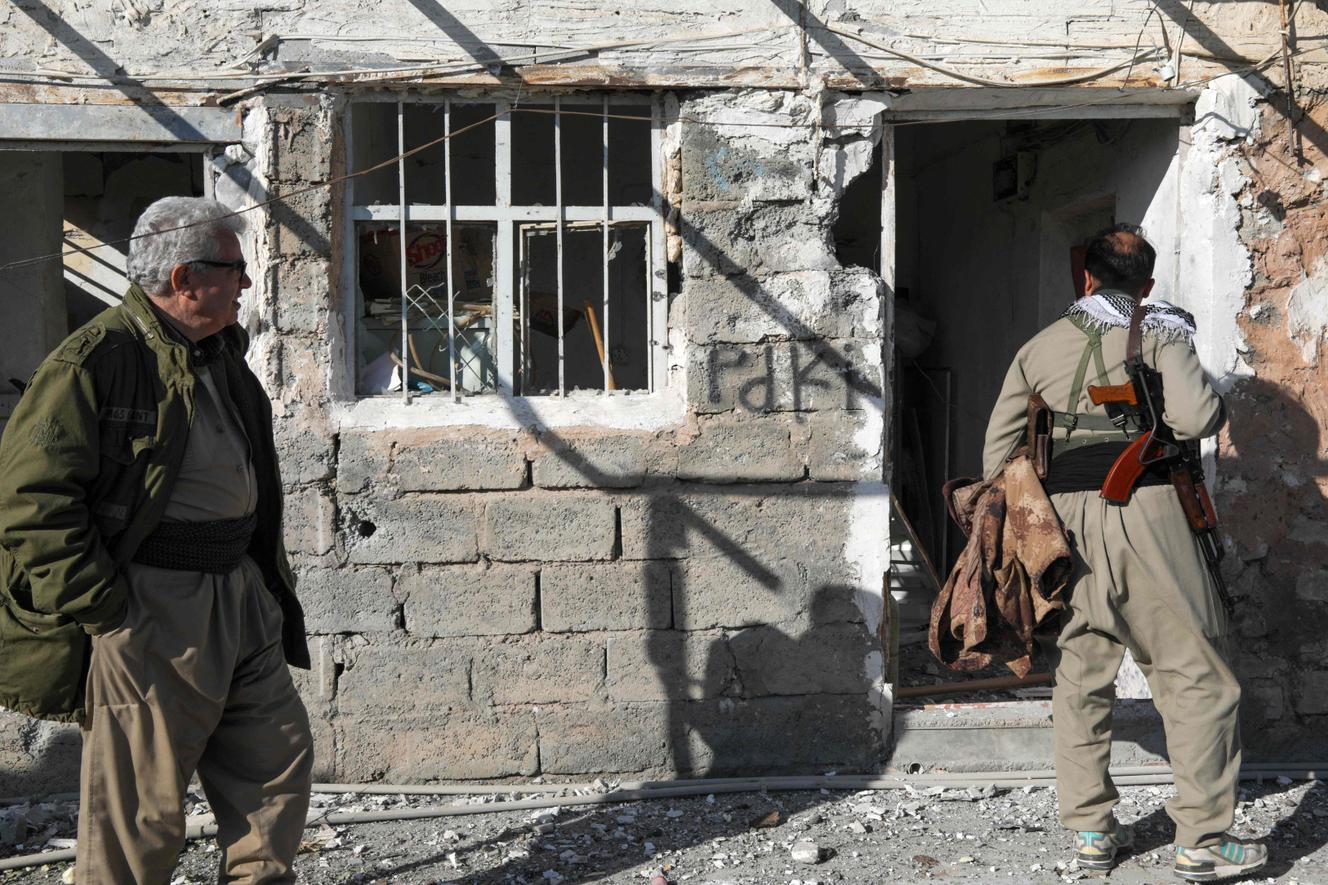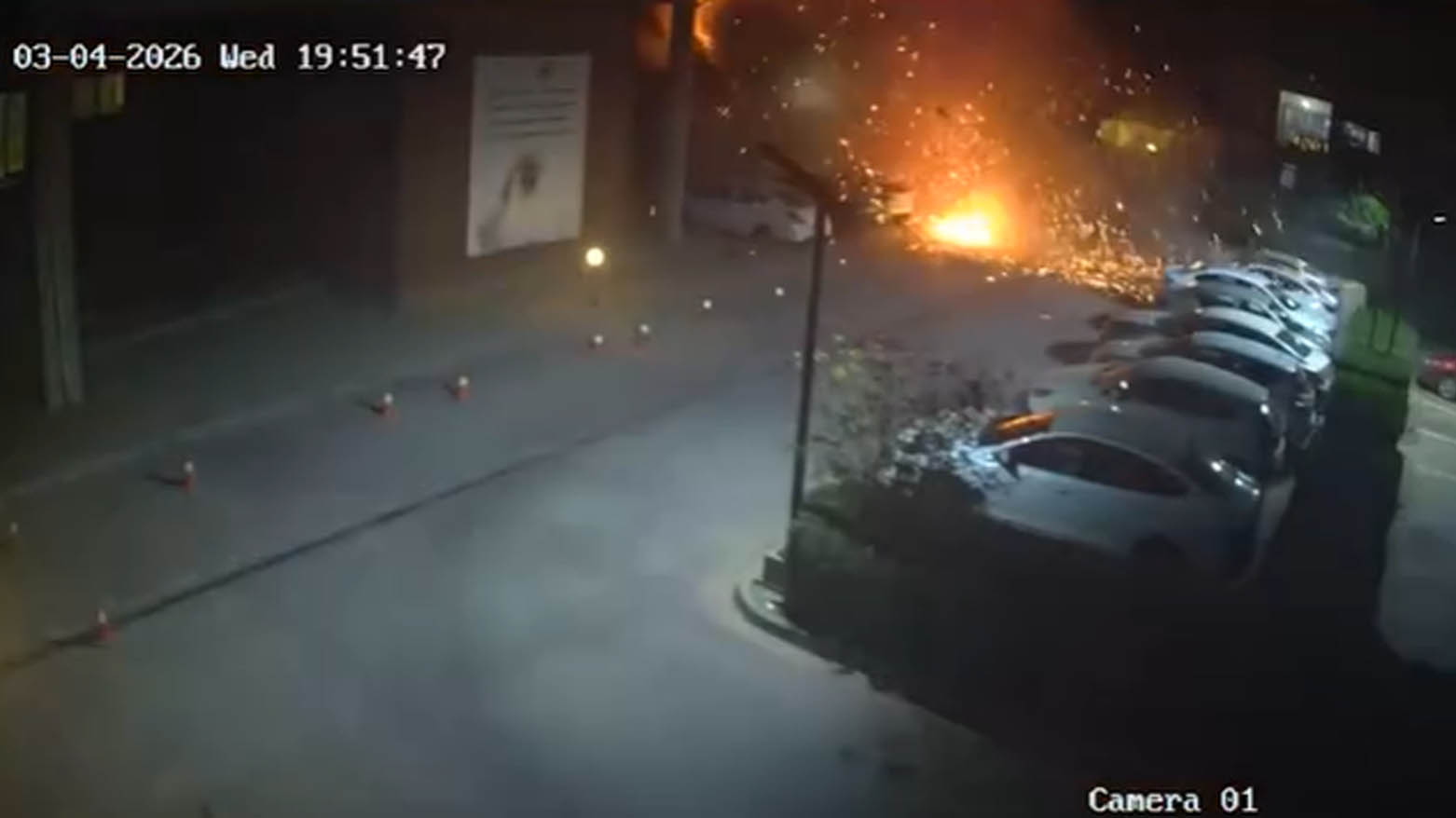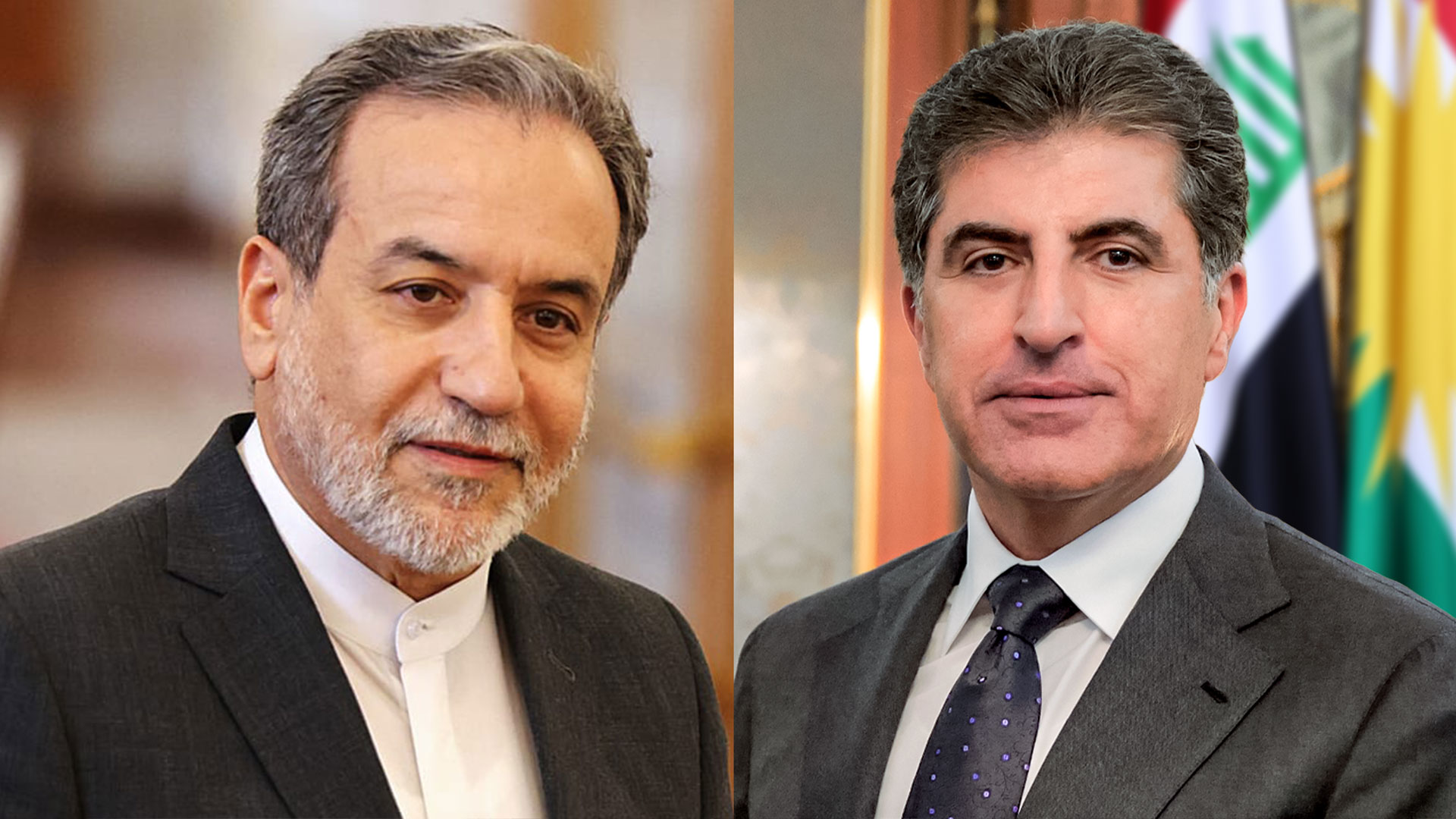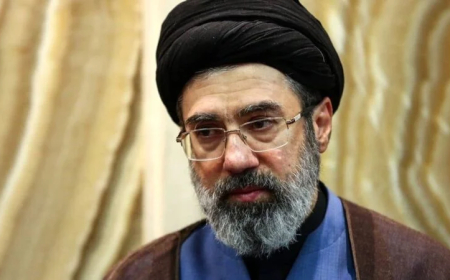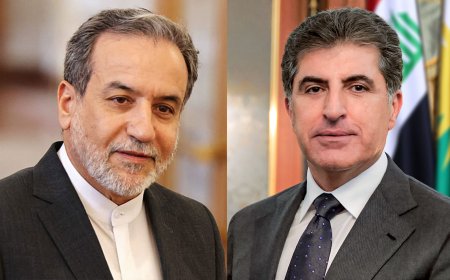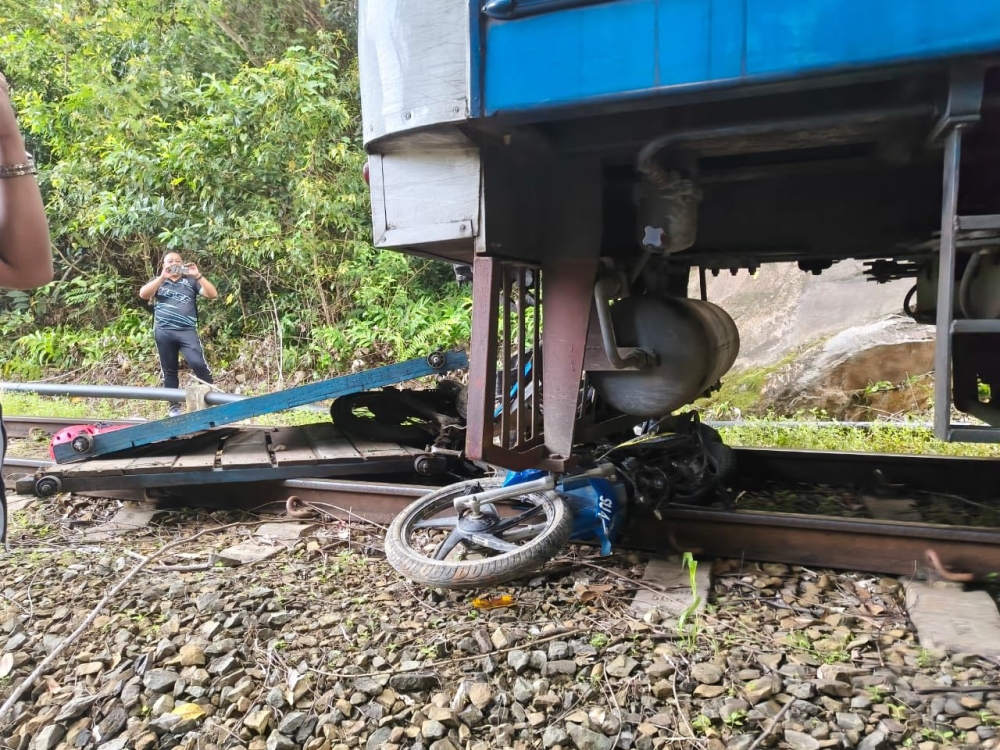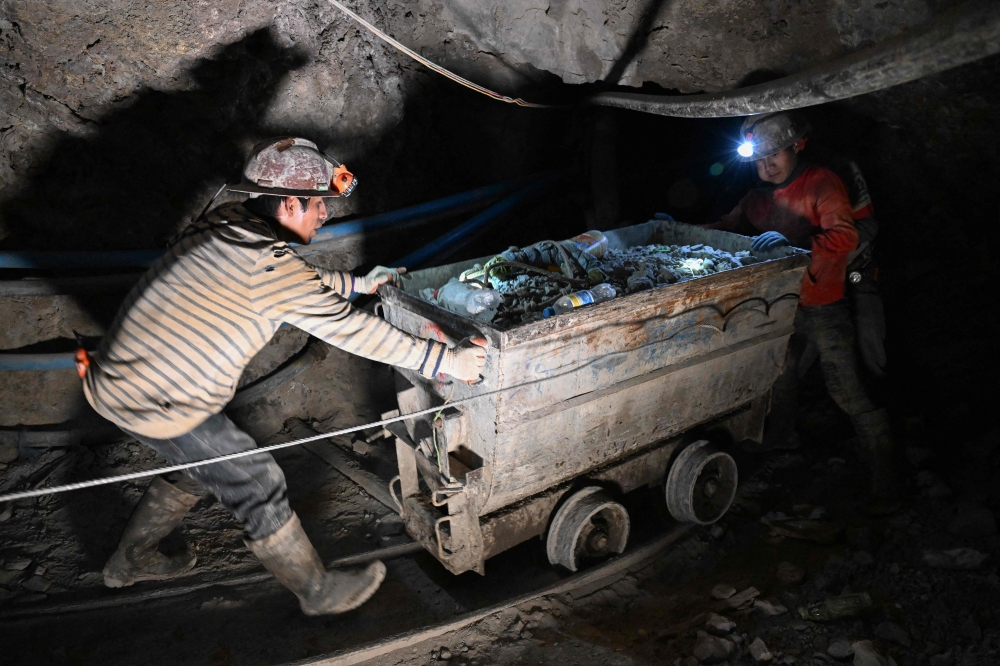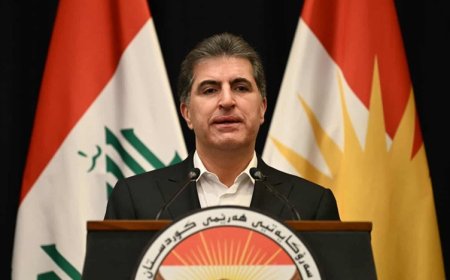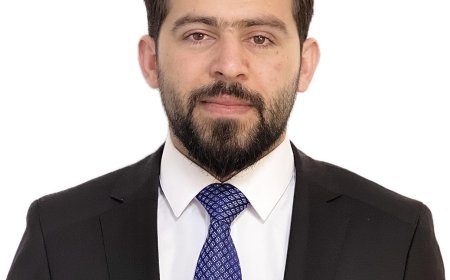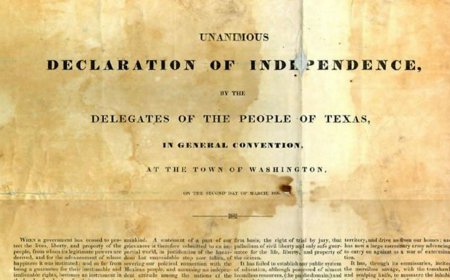Israel kills 11 Palestinian family members in Gaza’s deadliest truce breach
Strike on civilian vehicle by Israeli military in Gaza City marks deadliest violation of eight-day ceasefire with Hamas.

Israeli forces have killed 11 members of a Palestinian family in Gaza, the deadliest single violation of the fragile ceasefire since it took effect eight days ago.
The attack happened on Friday evening when a tank shell was fired by Israeli forces at a civilian vehicle carrying the Abu Shaaban family in the Zeitoun neighbourhood of Gaza City, according to Gaza’s civil defence.
Seven children and three women were among those killed when the Israeli military fired on the vehicle as the family attempted to reach their home to inspect it, civil defence spokesperson Mahmoud Basal said in a statement.
“They could have been warned or dealt with differently,” Basal said, adding that “what happened confirms that the occupation is still thirsty for blood, and insists on committing crimes against innocent civilians.”
The agency said in a separate statement that its teams have managed to recover the bodies of nine people so far, in coordination with the UN Office for the Coordination of Humanitarian Affairs (OCHA).
Meanwhile, the bodies of two children remain missing, as their remains were “scattered due to the intensity of the bombardment,” the group added.
Hamas condemned what it called a “massacre” and said the family was targeted without justification. The group called on United States President Donald Trump and mediators to pressure Israel to respect the ceasefire agreement.
In that attack, Israeli soldiers opened fire on people who crossed the so-called “yellow line”, the demarcation to which Israel’s military was supposed to pull back under the ceasefire terms.
Al Jazeera’s Hind Khoudary, reporting from Gaza, said many Palestinians lack internet access and are unaware of where Israeli forces remain positioned along the so-called demarcation lines, putting families at risk.
Israeli Defence Minister Israel Katz has claimed that the yellow lines in Gaza will soon be marked out for clarity.
Israeli forces remain in control of approximately 53 percent of Gaza, Khoudary said.
As the exchange of captives for Palestinian prisoners under the provisions of the deal has continued, Israel has killed at least 38 Palestinians, according to the Gaza Media Office on Saturday, and heavily restricted the flow of desperately needed aid, including food and medical supplies.
Last week, Israeli forces killed five Palestinians in the Shujayea neighbourhood, also in Gaza City.
Israel has continued to seal the Rafah crossing with Egypt and blocked other key border crossings, preventing large-scale aid deliveries into the famine-stricken enclave.
Prime Minister Benjamin Netanyahu’s office said on Saturday that the Rafah crossing will remain closed until further notice, shortly after the Palestinian Embassy in Egypt announced that it would reopen on Monday.
“The crossing’s opening will be considered based on the manner in which Hamas fullfills its part in returning the deceased hostages and implementing the agreed-upon framework,” Netanyahu’s office said in a statement on Saturday.
The United Nations warned this week that aid convoys are struggling to reach famine-hit areas, with 49 percent of people accessing less than six litres of drinking water per day – well below emergency standards.
The World Food Programme said it has brought an average of 560 tonnes of food daily into Gaza since the ceasefire began, far below what is needed to address widespread malnutrition and prevent famine.
Hamas has said it remains committed to the ceasefire terms, including returning the remains of Israeli captives still under Gaza’s rubble.
The Israeli military said late on Saturday that the Red Cross has received two coffins of dead Israeli captives and they were handed over to Israeli forces for identification.
Hamas handed over the body of another captive on Friday evening, bringing the total to 10 since the truce began. Hamas has increased efforts to recover all the bodies of the captives despite little excavating machinery to fulfil the terms of the ceasefire.
Israel has not allowed those machines into the enclave – where the bodies of thousands of Palestinians are believed to remain trapped under the debris – and has not yet permitted the entry of international experts to help retrieve the captives’ remains.
Reporting from Gaza City, Al Jazeera’s Hani Mahmoud said by blocking heavy equipment and machinery from entering, Israel is creating “a challenge for the residents of Gaza who are experienced and have the expertise to search and to dig out bodies from under the rubble” with that type of equipment.
Israel has also returned the bodies of 15 Palestinians whose identities remain unknown, bringing the total number of bodies received by Palestinian authorities under the terms of the ceasefire deal to 135.
Some of the returned bodies exhibit signs of torture, including hanging and rope marks, bound hands and feet, and gunfire at close range, according to health officials in Gaza.
[Source: Al Jazeera]
